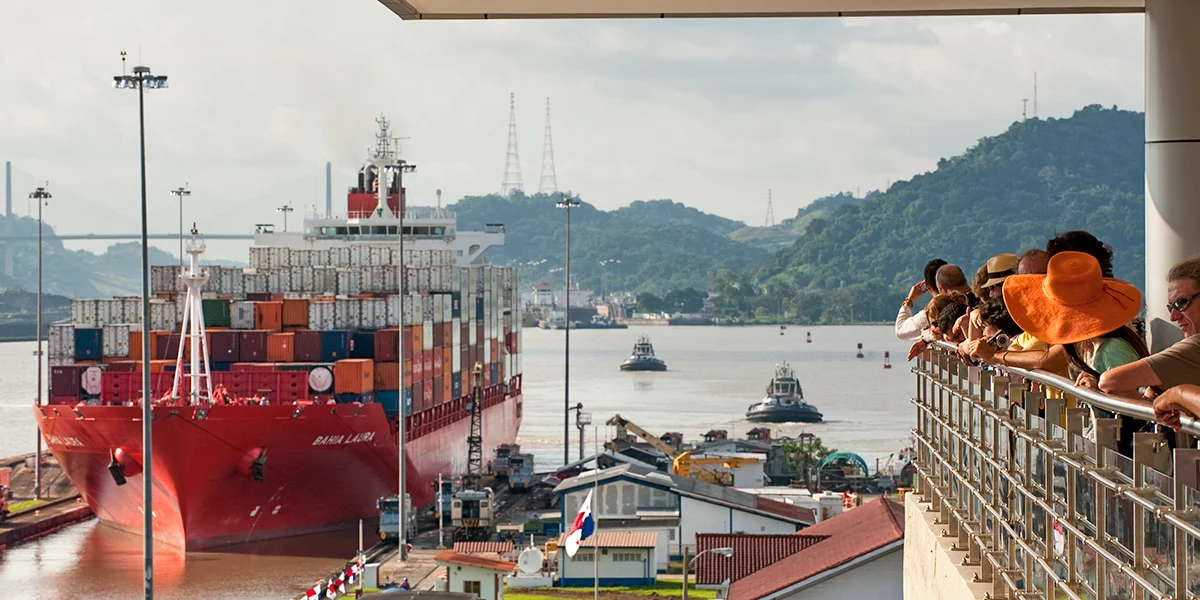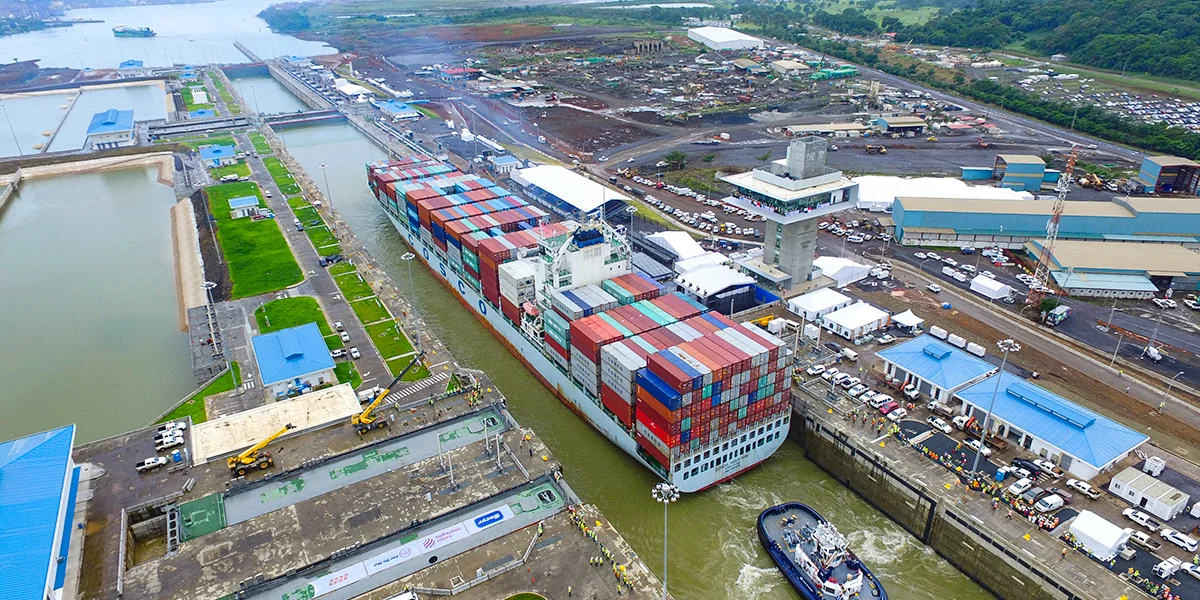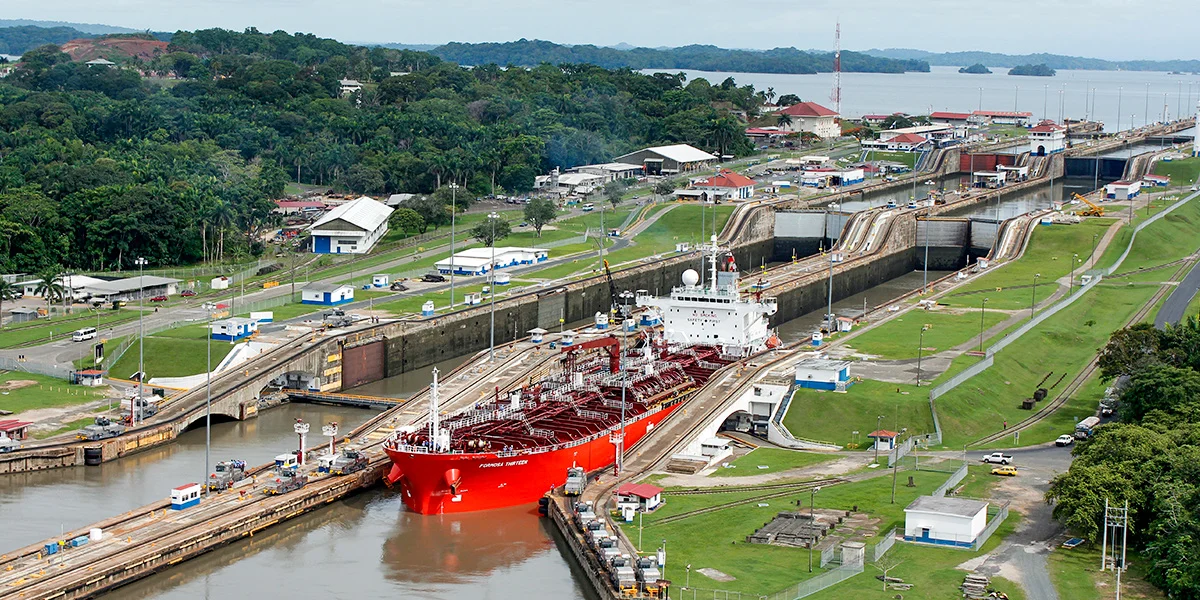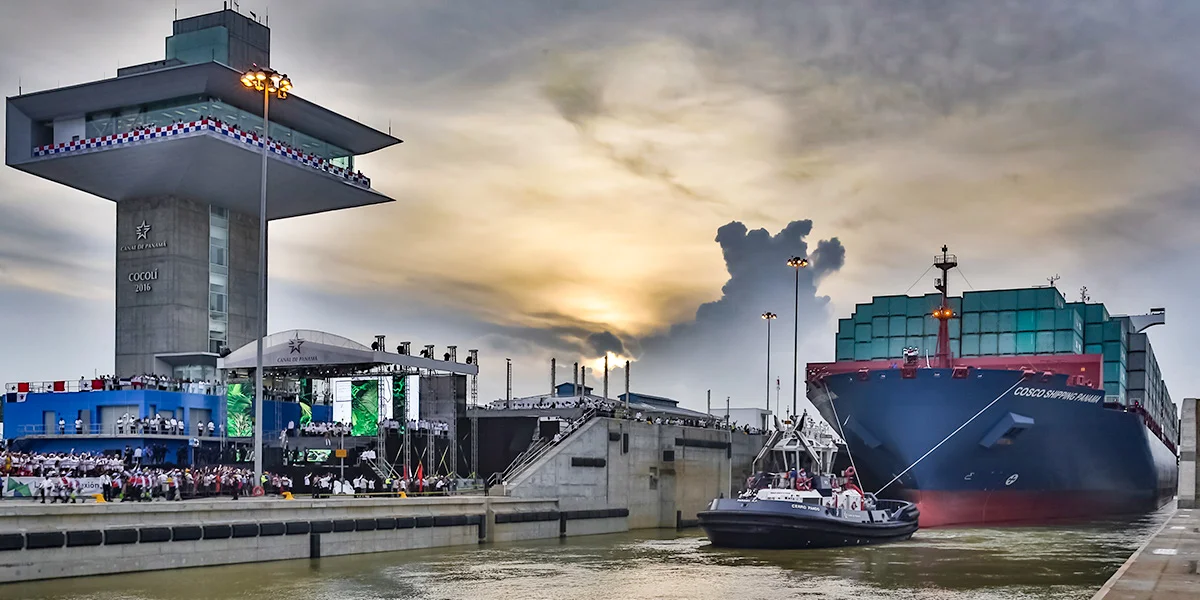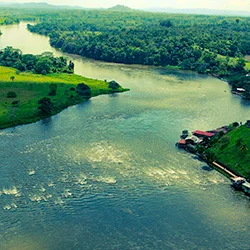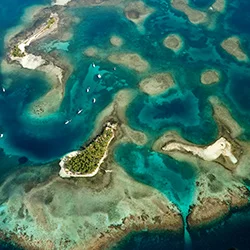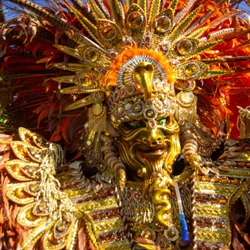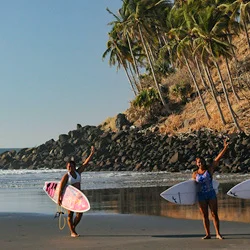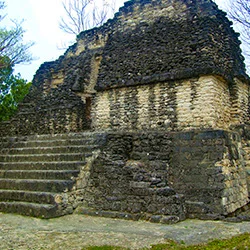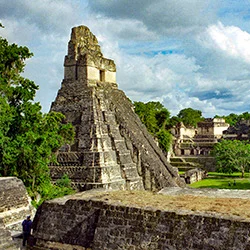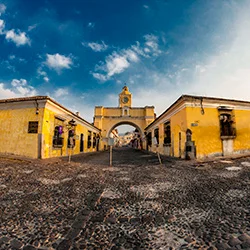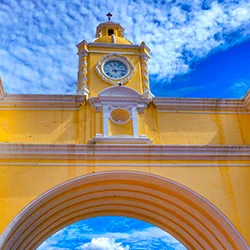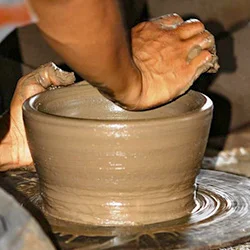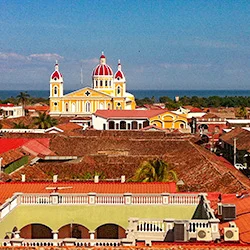The Panama Canal is a product of ingenuity and human courage that dates back to the beginning of the 16th century, when the Spaniards arrived on the isthmus. From this time came the idea of building a route that would unite the oceans.
The first effort to build this route through Panamá was initiated by the French in 1880, but financial problems and tropical diseases resulted in the failure of the initiative. In 1903 Panamá negotiated with the United States the construction of the canal, completed in 1914, and since then administered by the United States until 11:59 A.M. on December 31, 1999.
From that date, Panamá assumed the full operation, administration, maintenance, modernization and expansion of the canal, in compliance with the Torrijos-Carter Treaties agreed with the United States in 1977. Since then, the route is administered by the Panama Canal Authority (ACP), an autonomous government entity. In 2014, the canal celebrated 100 years of uniting the world, connecting 144 maritime routes that reach 1,700 ports in 160 countries, positioning Panamá as a transport, logistics and services center.
The canal works as a marine shortcut to save distance, time, and costs in the maritime transportation of goods. The 80-kilometer waterway (50 miles) connects the Caribbean Sea and the Pacific Ocean at the narrowest point of the Isthmus of Panama and the American continent.
The expansion of the Panama Canal began in September 2007, with the purpose of doubling the capacity of the interoceanic waterway to meet the growing demand of world trade. Since its inauguration in June 2016, the expanded canal has increased its capacity to meet the growing demand for maritime trade by using larger ships, capable of handling more cargo, which means that the route through Panama allows for new economies of scale. The expansion of the Panama Canal added a third, wider lane for the transit of larger ships. The new locks are wider and deeper, but use less water thanks to the water saving basins that recycle 60% of the water used in each lock.
GEOPOSITION
OTROS LUGARES DE INTERÉS QUE TE PUEDEN INTERESAR
Museum of the Vegan Carnival, La Vega
Playa Las Flores
Uaxactún Indigenous Community
OTRAS FORMAS DE VIVIR CENTROAMÉRICA
TOURS RECOMENDADOS
Route of the volcanoes: Maya, lencas and garífunas
Discover volcanoes, colonial cities, pre-Columbian archaeological sites, and nature, and meet with the indigenous communities.
The Conquest Trail
Discover the Spanish colonial power in this journey through architecture in Guatemala, El Salvador and Honduras.
Mayan Triangle
On this tour, you will visit the most important Mayan remains of Central America: Joya de Cerén, Tazumal, Casablanca, Copán, and Quiriguá.
Community Tour
Visit La Antigua Guatemala, the traditional markets, Lake Atitlán, the Route of the Flowers among other natural and cultural wonders.
Grayline Costa Rica and Nicaragua
Culture and nature surround you in this tour across Costa Rica and Nicaragua where you will get to know the most emblematic sites and will enjoy the Pacific Ocean.
